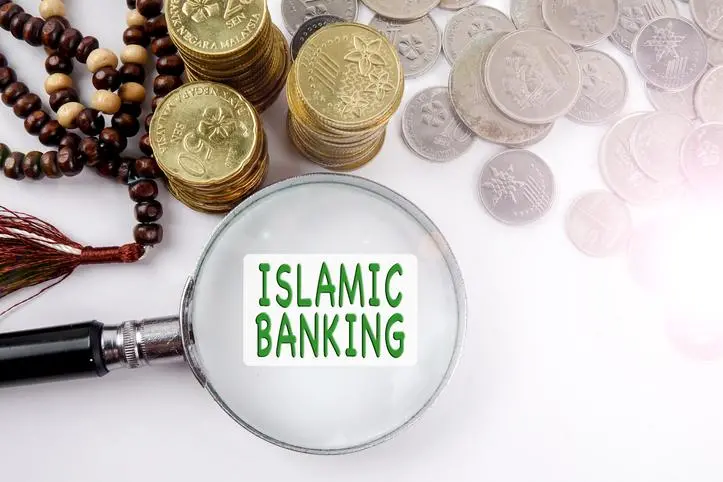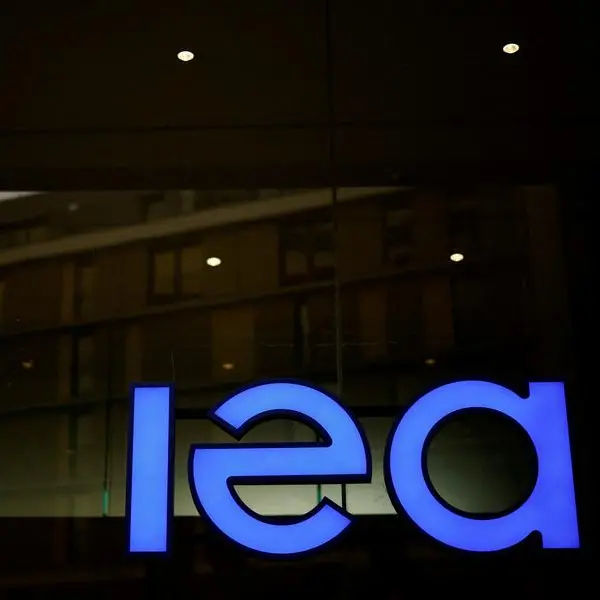PHOTO
Growth in financing amongst Islamic banks in the UAE continued to fall in 2018, in line with trends of its conventional counterpart.
Although it still benefitted from broader adoption, innovative structuring of Shari’ah compliant products, as well as young and fast-growing, franchises in some Islamic banks, a research by Fitch Ratings have found that Islamic financing base reached 30 per cent of sector financing at the end-2018.
Growth in Islamic deposits has slowed, and they make up 27 per cent of sector deposits. Asset-quality metrics have also stabilised in 2018 but remained weak. The financing impairment charges-to-average gross financing ratio reduced and was in line with conventional banks as provisioning levels have already been built up.
Operating profit/risk-weighted assets ratio improved in 2018 due to reduced financing impairment charges, however it remained slightly below conventional banks. Cost-to-income ratios have also reduced but remains significantly above conventional banks.
This is mainly due to larger branch networks for the size of the banks’ franchise. In terms of liquidity, the gross financing/ deposits ratio increased slightly to 93 per cent at the end of 2018 due to higher financing growth than deposit growth and was 140bps above conventional banks.
According to Fitch, Islamic banks continue to be mainly domestic deposit-funded (84 per cent of total funding; higher than conventional banks). Capital ratios have also increased over the past three years due to lower financing growth with reasonable internal capital generation and a small number of rights issues.
Total capital adequacy ratios are now in line with conventional banks, while core capital ratios remain below those of conventional banks although the difference has narrowed significantly.
Global metrics
The Islamic finance industry witnessed a slight dip in 2018. It grew by approximately two per cent last year, compared to the 10 per cent it recorded in 2017.
According to estimates by S&P, most of this growth stemmed from large Sukuk issuances by GCC countries, however, this was followed by a five per cent decline in issuances in 2018. Nevertheless, the industry is still bound to see some growth albeit gradually through 2019 and 2020.
Key incentives such as global standardisation, fintech and environmental, social and governance (ESG) opportunities, continue to be key drivers to accelerate growth in the next few years. Standardisation in Islamic finance structures and contracts has always been an issue for the industry. Uniformity in Shari’ah interpretation and legal documentation would go a long way in simplifying Sukuk issuances and increasing its appeal to potential issuers.
Standardisation should include the capacity to understand an investor’s risks related to their instruments and avoid situations where they lose money due to a different interpretation of the legal provisions of a Sukuk contract.
In this sense it should also factor in the requirements of the market whilst creating room for innovation. The ultimate goal is to have the process of issuing a Sukuk equivalent from a time, effort, and price perspective to issuing a conventional bond.
The UAE continues to progress on Islamic banks regulations. Federal law No. 14 of 2018 established a Higher Shari’ah Authority, which operates under the umbrella of the UAE central bank and oversees Shari’ah compliance.
Islamic banks must now adhere to Shari’ah standards issued by the Accounting and Auditing Organisation for Islamic Financial Institutions (AAOIFI) and produce a gap analysis between current practises and AAOIFI standards by mid2019, followed by an impact assessment before year end.
Another factor that is believed to help accelerate growth in Islamic finance is fintech. A prerequisite for fintechs to effectively contribute to the Islamic finance industry is an adequate physical infrastructure facility as well as the implementation of the necessary supervision and regulatory framework within.
Fintechs are expected to stimulate growth by increasing efficiency and providing greater accessibility of Islamic finance services. Apart from easing and speeding up transactions, through blockchain technology, transactions also have better traceability, reducing the industry’s exposure to security risks or identity theft.
Fintech also helps improve governance—regulatory technology equips the industry with more robust tools for compliance with regulations and Shari’ah requirements (provided agreed Shari’ah standards are in place).
Since the UN rolled out its Sustainable Development Goals, issuers and investors have become more sensitive to ESG issues. Regulators and policymakers around the world have begun to establish a more sustainable and socially responsible financial system, and this is where Islamic finance and sustainable finance finds its common ground.
Apart from Shari’ah-compliant instruments supporting environmentally friendly projects, the social aspect of ESG opportunities has been overlooked. Although the underlying principles and instruments exist, they have not been leveraged in a transparent, systematic manner.
According to S&P, this could be because Islamic banks, as issuers themselves, do not appear to focus on their own social performance. From the perspective of financing activities, the lack of visibility of the social factor is underpinned by commercial interests, including financial performance.
Socially responsible products do exist in Islamic finance and their size is reportedly substantia and these products could make a difference when it comes to socially responsible financing. However, a proper governance framework for their use will be required to reach this objective.
Outlook
Fitch Ratings expects asset-quality metrics for UAE Islamic banks to remain under pressure throughout the year, particularly for banks with weaker and younger franchises. Growth in financing is likely to be slightly above mid-single digits.
Shari’ah standardisation should lead to greater market confidence but implementation and adoption risks remain, particularly in realigning existing products and processes, governance requirements and reporting procedures.
Analysts are not expecting a significant rebound this year due to volatility in major factors including oil prices and geopolitical risk. However, as the economic cycle turns, a low-single-digit growth rate is expected in Islamic banking assets over the next two years.
© 2019 CPI Financial. All rights reserved. Provided by SyndiGate Media Inc. (Syndigate.info).





















